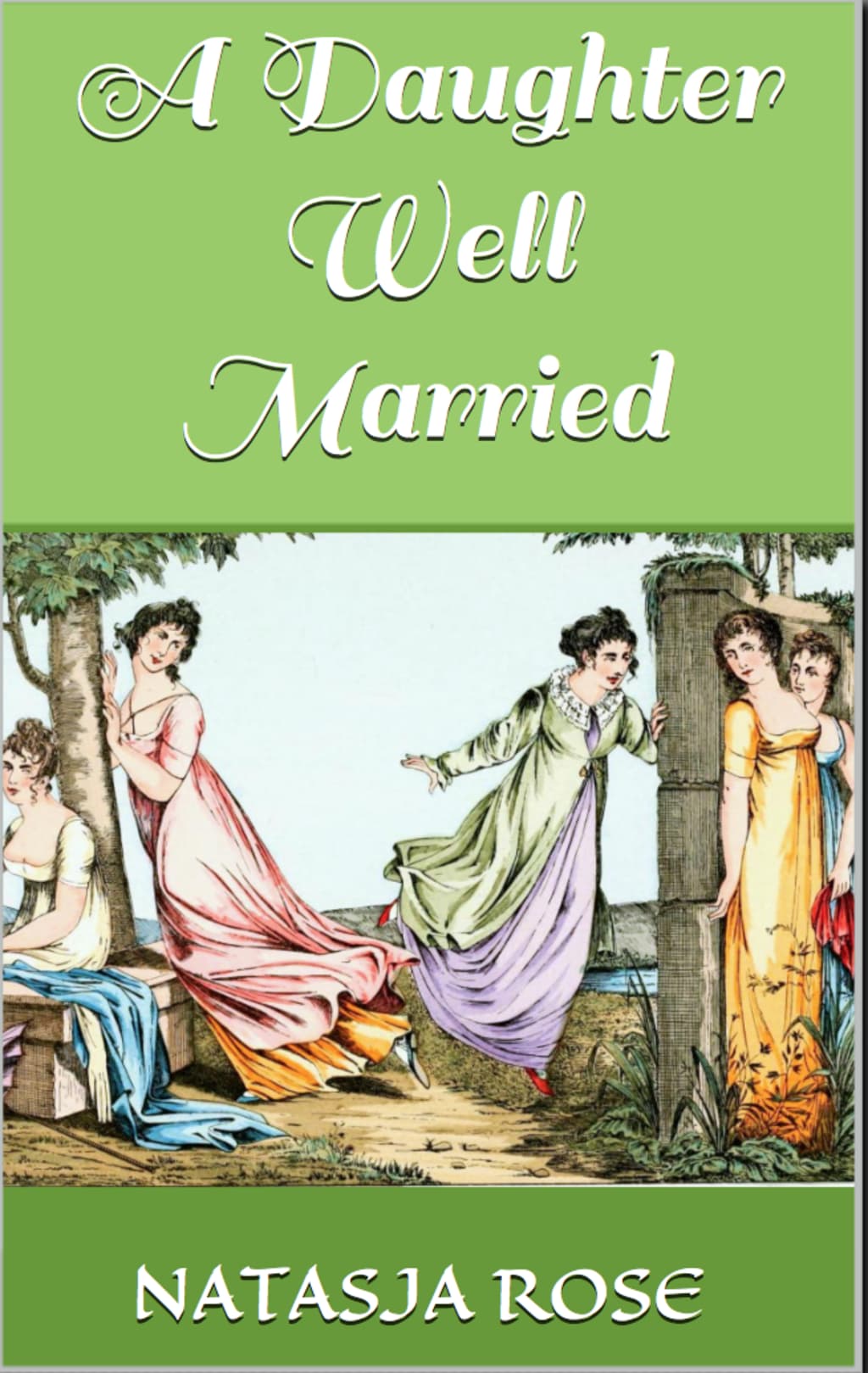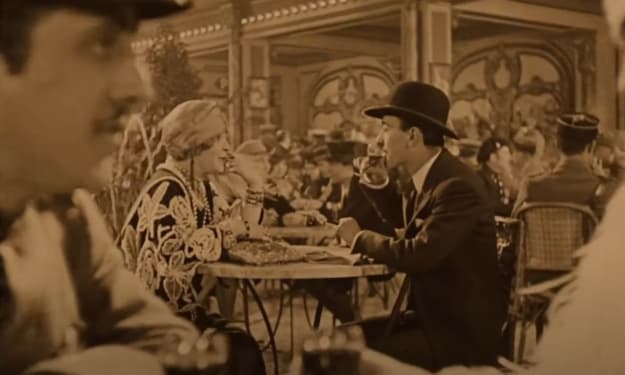A Daughter Well Married
In Defence of Mrs Bennet

Mrs Bennet, the mother of the main character of Jane Austen's timeless Pride and Prejudice, gets a lot of flak from modern readers.
Mrs Bennet is undoubtedly brash, believes herself cleverer than she is, occasionally vulgar, and undoubtable obsessed with marrying off her daughters. Modern readers are appalled at what many see as a foolish obsession, but few realize how much of an economic necessity marriage was for a gentlewoman of the early 1800s, especially one in the situation that the Bennet sisters found themselves occupying.
Not all estates were entailed, but for those that were, a son, or an heir well-disposed toward his cousins, was essential.
If Mr Bennet died before one of his daughters marries, they are dependent on Mr Collins allowing them to continue to live there. If Mr Collins decides that he does not want his cousins living with him, then in the absence of a dower house, Mrs Bennet and her daughters will find themselves living on between 500 and 250 pounds a year, to feed, clothe and house the six of them.
Most likely, they would find themselves split up and depending on the charity of relatives, as Jane Austen herself did. The Gardiners in London and the Phillips in Meryton would have taken them in, but the Gardiners had their own children, and the Phillips likely only had a two-up, two down, part of which already served as Mr Phillips' office. More than likely, the older girls would have been required to find employment.
Employment would not only essentially de-gentrify the Bennet girls with the stain of employment, it was also dangerous, in more ways than one.

Mrs Bennet was very proud that her daughters never had to sully their hands by helping with the cooking or housework, as Charlotte and Maria Lucas sometimes did. There's enough of an age gap between Lydia and Jane that the oldest two Bennet girls might be able to work as a Nanny, given their experience helping with the Gardiner children, but otherwise, they're only really qualified to work as a Governess or Companion, positions usually reserved for impoverished Spinsters or Widows.
All three positions are a step above the position of a maid, if not quite at the level of a Housekeeper, but they are also a significant step down from the leisurely life of a Gentlewoman that the Bennet Girls previously occupied.
Domestic staff in the early 1800's were almost entirely dependent on their employers. It was nearly impossible to get a new job without a good reference, your employer provided room and board... and all of this could be taken away at the whim of the person you worked for.
The other danger wasn't just the shame of having to work for a living, but potential ruin. Mrs Annesley, Georgiana's Companion, would have little to fear, but imagine the life a governess employed by the Bertrams, or Mr Elliot, or Mr Willowby, or any of Jane Austen's less-savory characters. Anne Bronte's debut novel, "Agnes Grey", paints a very realistic picture of the abuses suffered by Governesses of the time, though it stops short of the sexual abuses that were also unfortunately common.
A member of the domestic staff, impoverished and dependant on a their Master's goodwill, was far cheaper and more accessible than housing a Mistress, or patronising an Actress, Dancer or Singer, professions that were considered very nearly synonymous with 'courtesan'.

It was rare for a Governess or Companion to marry, much less to marry well, with the stain of employment. Miss Taylor, later Mrs Westron, the titular character's Governess in Austen's "Emma", is very much the exception to the rule. In the same novel, Jane Fairfax is the object of pity when she must seek similar employment, to the sneering delight of the pretentious, patronising Mrs Elton. Had Jane actually worked as a Governess before Mrs Churchill died and Mr Frank Churchill was free to make their secret engagement public, there would have been a lot more opposition to the marriage going ahead.

While Mrs Bennet is undoubtably vulgar and overbearing in how she goes about it, she isn't wrong or misguided in her obsession to get at least one daughter married well before Mr Bennet's passing.
Consider the comparison to the Dashwoods in Austen's Sense and Sensibility, who find themselves struggling financially when the Old Mr Dashwood dies and his son, Elinor and Marianne's half-brother, refuses to adequately provide for his stepmother and half-sisters.
Marriage - with a decent settlement in the event of widowhood - was the surest way to economic security for a Regency woman. By having one of her daughters marry Mr Collins, it assures Mrs Bennet and any unmarried sisters of a home for life. When Lizzy refuses Mr Collins and he turns his attention to Charlotte... well, Charlotte probably wouldn't throw the Bennets out, but it would certainly chafe to essentially be living on charity in their own home.
Mrs Bennet is excitable, and not very intelligent, but she isn't stupid. She recognises what is important for her daughters' happiness and prosperity, and pursues it with a single-minded determination. One might argue that she hinders more than she helps, but she puts more effort into preparing for their future than Mr Bennet does.

If you liked this story, leave a heart or a tip, and follow me on Vocal and Medium!
About the Creator
Natasja Rose
I've been writing since I learned how, but those have been lost and will never see daylight (I hope).
I'm an Indie Author, with 30+ books published.
I live in Sydney, Australia






Comments
There are no comments for this story
Be the first to respond and start the conversation.